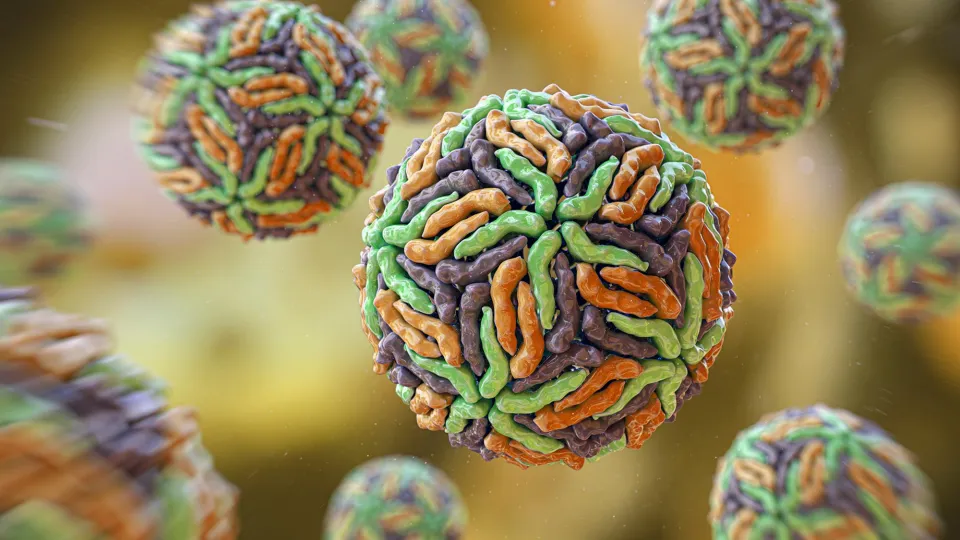News Brief
Combating a Deadly Tickborne Virus
October 16, 2024

No approved vaccines or specific treatments exist against Crimean-Congo hemorrhagic fever virus (CCHFV), which causes severe and often fatal hemorrhagic disease in humans. The tickborne virus is endemic to countries in Africa, Asia and Europe.
Kartik Chandran, Ph.D., and colleagues have received a five-year, $3.5 million grant from the National Institute of Allergy and Infectious Diseases to discover how CCHFV hijacks and infects human cells and causes disease. The researchers will focus on finding how key CCHFV glycoproteins are assembled and secreted to enable CCHFV to enter host cells and cause disease. In preliminary research, the scientists have identified one glycoprotein in particular—GP38—as an attractive therapeutic target: GP38 is both an integral component of CCHFV’s entry glycoprotein complex and a secreted toxin that overcomes host cells’ membrane barriers. The project’s goals include using a variety of genetic and biochemical approaches to determine how the structures of CCHFV membrane-bound and secreted glycoproteins change during infection, isolate novel glycoprotein-specific antibodies, and investigate whether anti-GP38 antibodies can protect against CCHV infection and disease in animal models. The research could lead to urgently needed CCHFV medical countermeasures to prevent CCHFV infection and treat the hemorrhagic fever it causes.
Dr. Chandran is professor of microbiology & immunology, the Gertrude and David Feinson Chair in Medicine, and the Harold and Muriel Block Faculty Scholar in Virology at Einstein. (1R01AI185073-01)



